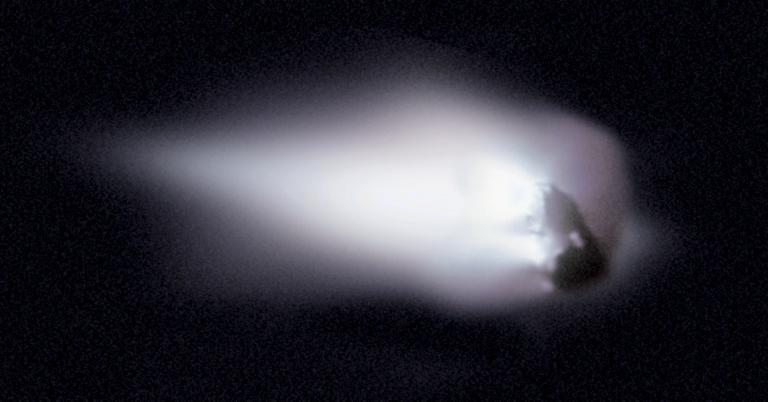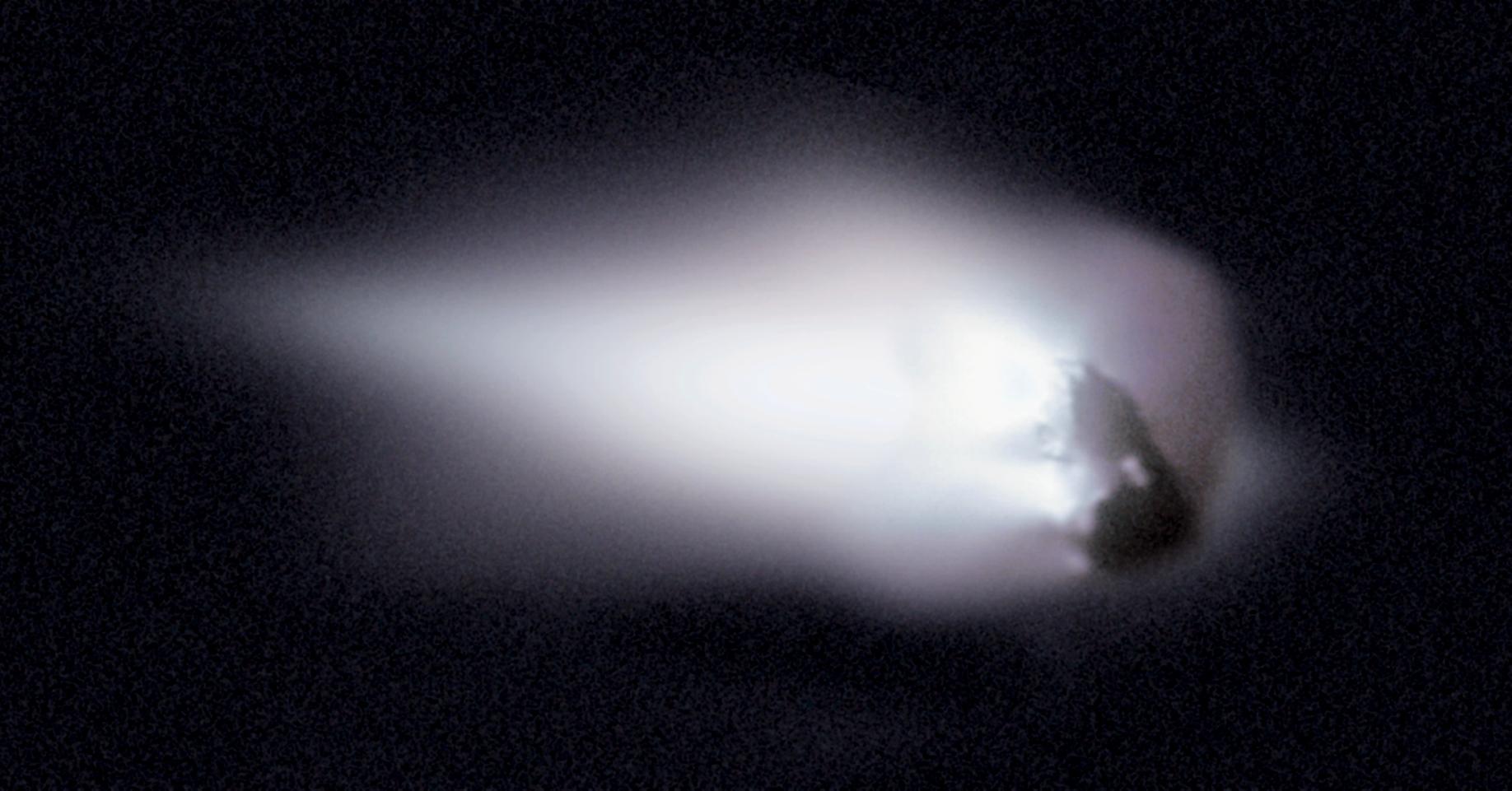Article Main Body
The UK has a strong planetary science research community – not least among those starting their research careers. UK Planetary Forum showcased early career research in its meeting at Manchester, with a varied an interesting programme of talks and posters.
The UK Planetary Forum held its Early Career Researchers Meeting at the University of Manchester on 23 January, exploring the solar system through work on comets, asteroids, Mars and Mercury and the Moon. We heard about stable isotope analysis, of hydrogen and deuterium and in noble gases, tracking the evolution of magmas and the potential of the lunar regolith for determining galactic history. Mars has a lot of potential, with the forthcoming ExoMars missions, launched in 2016 and 2020, and studies of melting and freezing of water and carbon dioxide ice, even in martian glaciers. The varous groups of meteorites provided interesting studies of mineralogical evolution – together with a short guide to how to use the collection at the Natural History Museum in Londond
Keynote speakers broadened the scope of the meeting. Tim O'Brien of Jodrell Bank talked about the early years at Jodrell Bank, when radar tracked meteorites and spacecraft, data was passed to USSR scientists at Manchester airport and occasional visitors from GCHQ at Cheltenham were escorted into a back room. While it may be seen as a shame that no one is tracking meteors at Jodrell Bank today, nobody is spying, either, according to O'Brien, so that probably balances out.
Romain Tartèse of the Natural History Museum in Paris demonstrated the value of the meteorite collections, focusing on the Moon and the history of its volatile components – while also shedding light on the volatile history of the Earth. By looking at the partition of hydrogen, fluorine and chlorine in lunar balasts, he concluded that the Moon is not as dry as has been thought, with probably about an order of magnitude less water than Earth.
Andrew Coates of the Mullard Space Science Laboratory gave an overview of research opportunitites in planetary science, identifying potential funding lines and highlighting forthcoming opportunities, including ExoMars, JUICE and BepiColombo. He also spoke about his career experience, including the great successes of the Giotto mission, Venus Express and Cassini's continuing discoveries at Saturn.
The breadth of subjects demonstrates that the UK planetary science community remains lively – and is going to stay that way for some time, if the enthusiasm demonstrated at this meeting is anything to go by. And let's hope that some of them will continue to explore even further afield in the solar system, perhaps working on the next generation of space missions to the outer solar system.
 News
News

